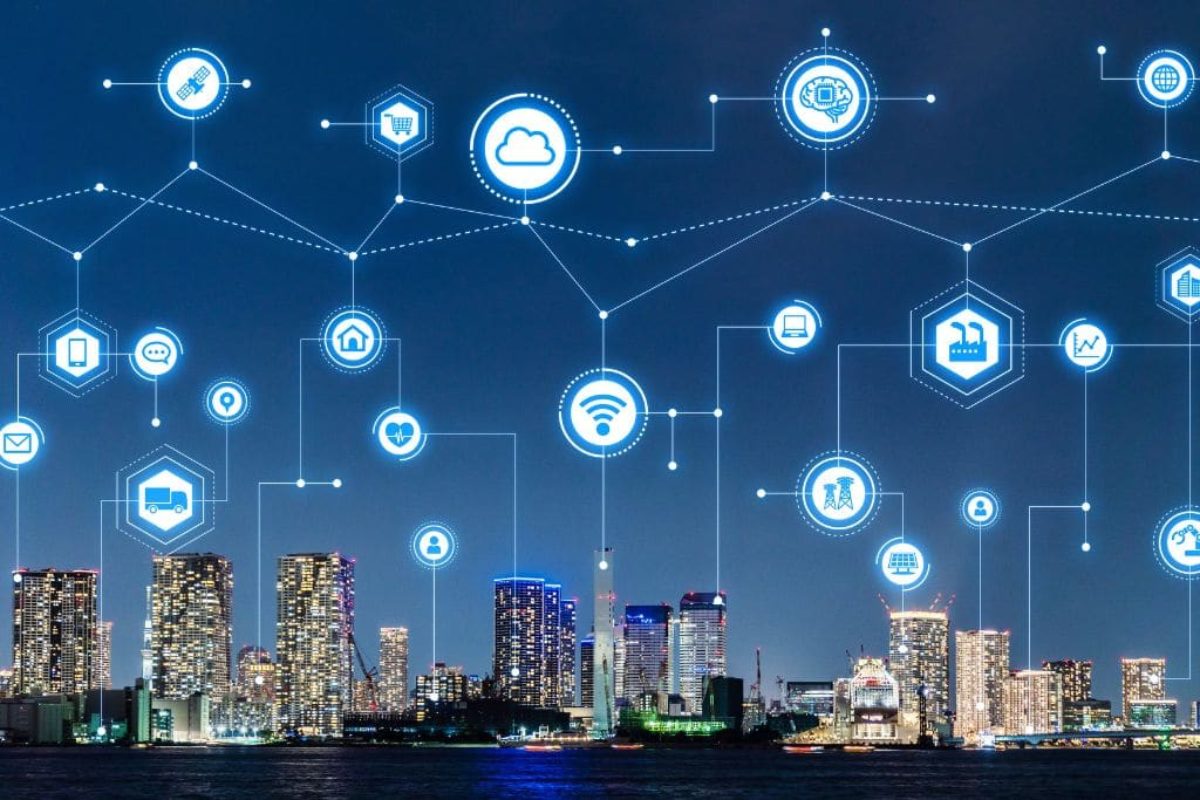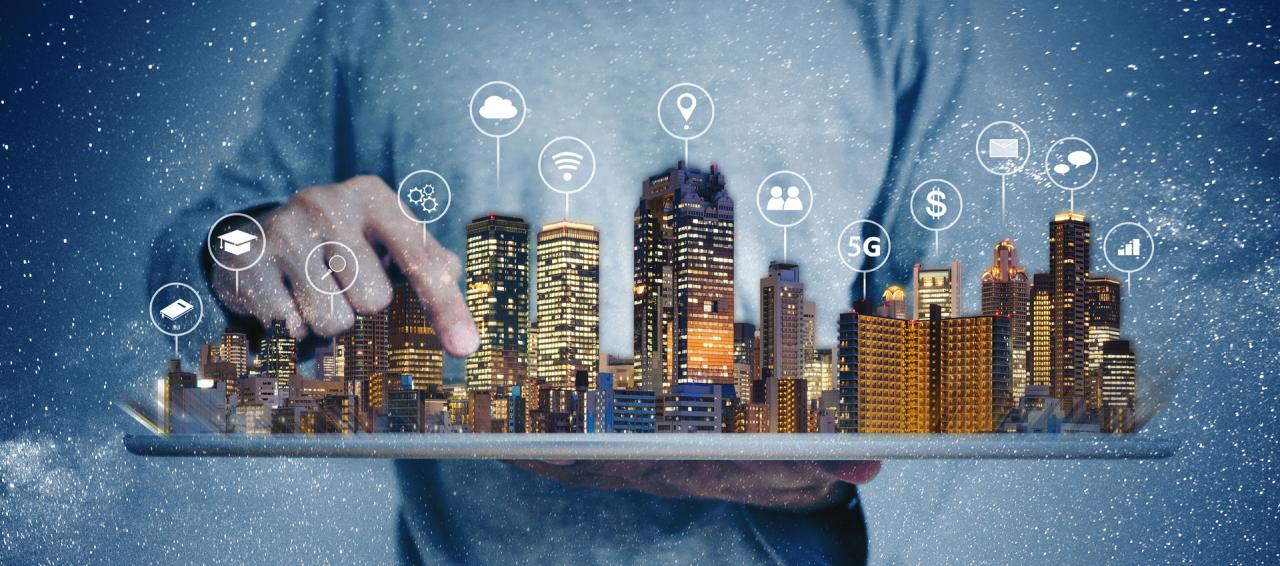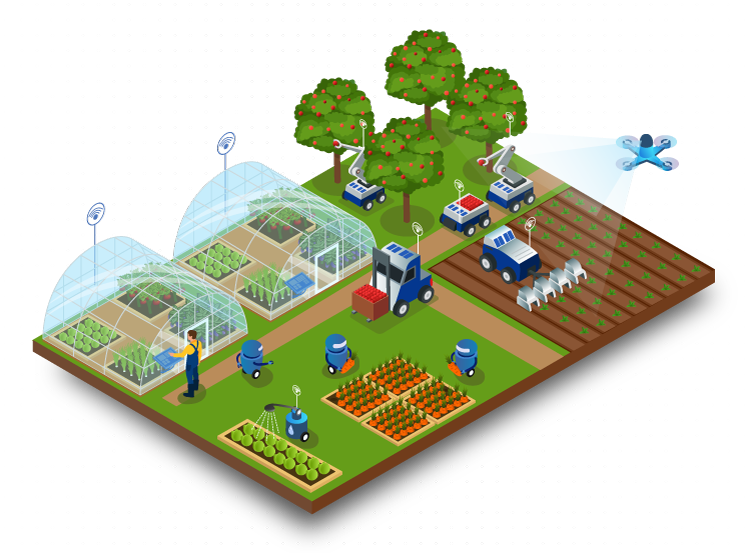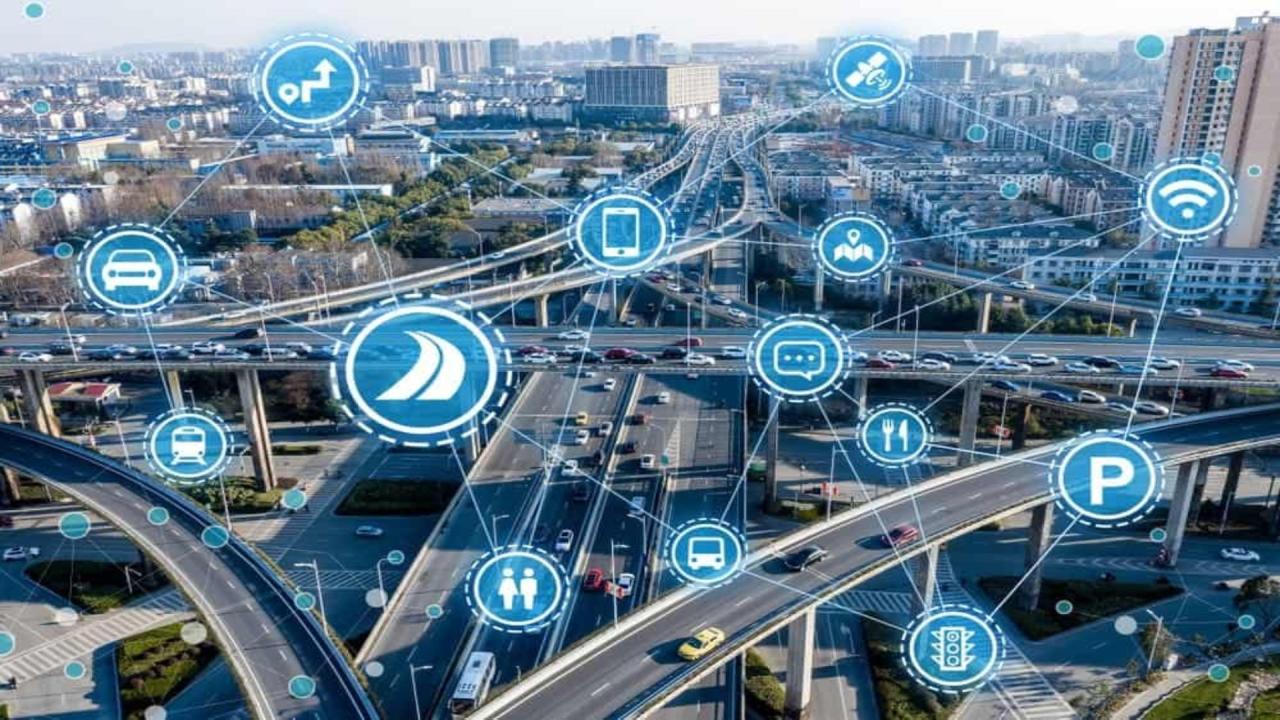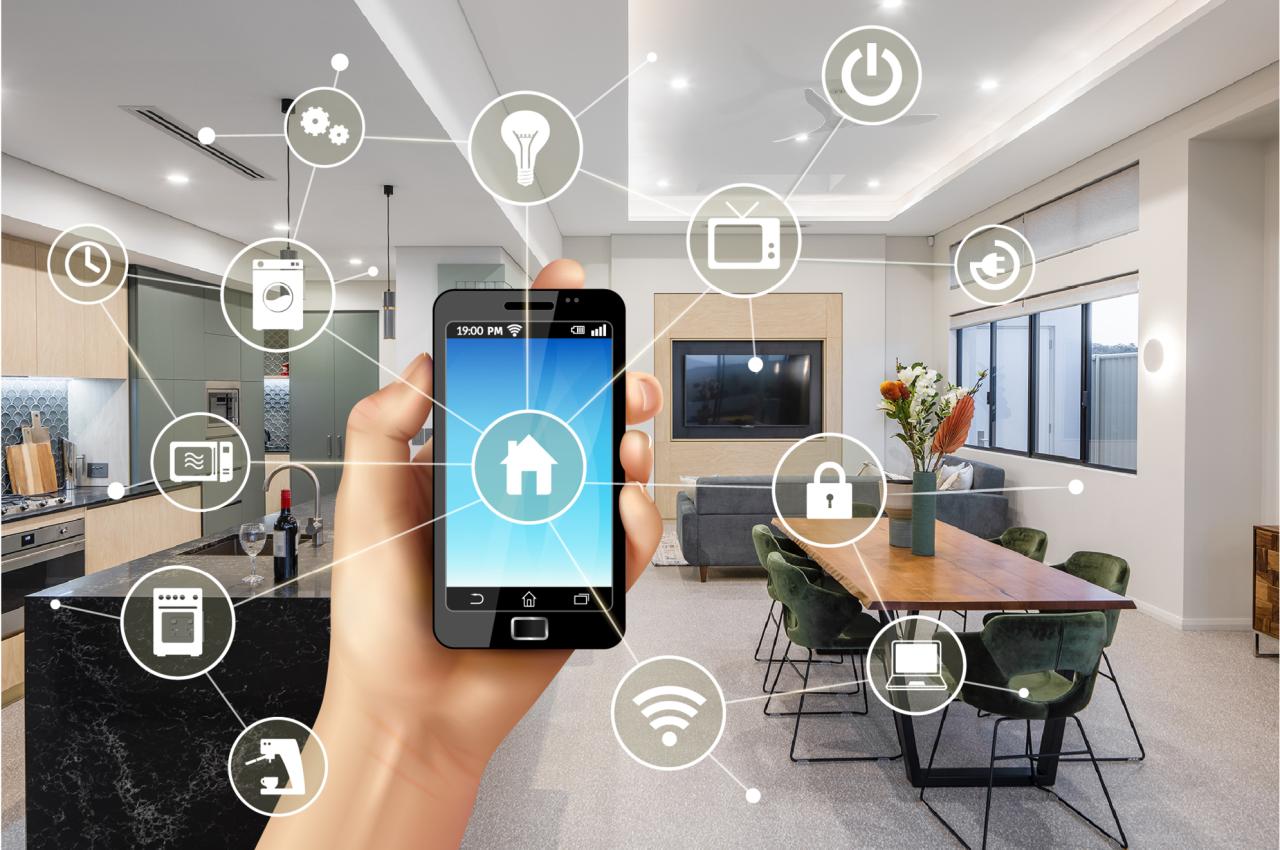Image from: http://www.forbes.com
The future of urban living is being shaped by the rise of smart cities, where technology, sustainability, and data-driven solutions converge. These cities use advanced technologies like AI, IoT, and big data to create more efficient, livable, and environmentally friendly spaces for their residents. As we move into 2024, smart cities are playing a key role in transforming urban development.
1. IoT: The Foundation of Smart Cities
The Internet of Things (IoT) serves as the backbone of smart cities by connecting devices and systems across urban areas. Sensors track data like traffic, air quality, and energy use in real time, allowing cities to function more efficiently. This network of connected devices makes smart cities responsive to the needs of their residents.
2. AI-Driven Urban Planning
Artificial intelligence is revolutionizing urban planning by analyzing data to optimize infrastructure, energy use, and traffic flow. AI systems can predict traffic patterns, manage waste, and improve public transportation, making cities more efficient. This cutting-edge technology helps cities adapt to changing needs quickly and effectively.
3. Smart Transportation Solutions
Smart cities prioritize efficient transportation through autonomous vehicles, electric cars, and intelligent public transit systems. These innovations reduce congestion and emissions while offering faster, cleaner commuting options. Real-time traffic data and ride-sharing services are also helping make urban mobility more streamlined.
4. Renewable Energy and Smart Grids
Energy sustainability is a cornerstone of smart cities. Renewable energy sources like solar and wind power are being integrated into city grids, with smart meters and AI systems managing energy consumption. Smart grids ensure that energy is distributed efficiently, reducing reliance on fossil fuels and minimizing carbon footprints.
5. Advanced Water and Waste Management
Smart cities are addressing resource management with innovative solutions for water and waste. IoT sensors monitor water usage and detect leaks, while AI systems optimize waste collection and recycling. These technologies help cities reduce waste, conserve water, and promote environmental sustainability.
6. Smart Buildings and Infrastructure
Buildings in smart cities are equipped with IoT and AI technologies that optimize energy use by adjusting lighting, heating, and cooling based on occupancy. These energy-efficient buildings contribute to reducing the overall energy consumption of the city while offering a more comfortable living experience for residents.
7. 5G Connectivity and Public Safety
5G networks are crucial for supporting the connectivity needs of smart cities. With faster data transmission, 5G enables more reliable communication between devices, supporting real-time monitoring and control of urban systems. This enhanced connectivity improves public safety through smart surveillance and emergency response systems.
8. Citizen Engagement and Smart Governance
Smart cities promote citizen participation through digital platforms that allow residents to report issues, access services, and give feedback on city policies. This fosters a more transparent and responsive form of governance, ensuring that city officials can address residents’ needs in real time.
9. Economic Growth and Job Creation
The development of smart cities is driving economic growth by creating jobs in technology, construction, and green energy sectors. These cities attract businesses and investments, contributing to a stronger economy and improved quality of life for their citizens.
10. Collaboration and Innovation for the Future
The future of smart cities lies in collaboration between governments, tech companies, and citizens. Public-private partnerships will be essential in implementing new technologies and addressing urban challenges. As technology continues to advance, smart cities will evolve, making urban living more efficient, sustainable, and inclusive.

